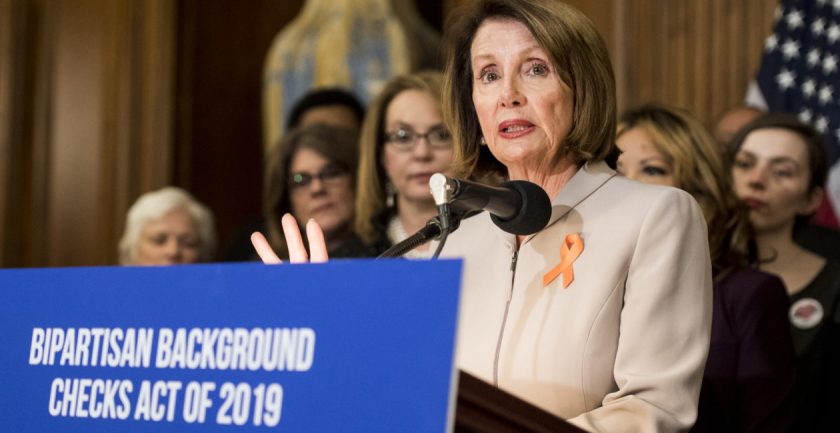On Valentine’s Day one year ago, a young man with a gun left 17 dead at a high school in Parkland, Florida. Since then, as part of its School Safety Initiative, The Heritage Foundation has taken on the task of finding real solutions to the complex issue of firearm-related violence.
That’s also why my colleague John Malcolm and I authored a Heritage legal memo, “The Current State of Laws Regarding Mental Illness and Guns.” In it, we evaluate existing laws designed to keep guns out of the hands of certain at-risk individuals and explore promising avenues for strengthening those laws without neglecting due process protections.
Our new legal memo shows that, despite some well-publicized claims to the contrary, numerous state and federal laws already restrict firearm access for mentally ill individuals.
The more pressing concern is that society too often underuses the mechanisms already in place to prevent people suffering from mental illness from possessing guns if they pose a danger to themselves or others.
Further, states can strengthen these laws without imposing overly broad Second Amendment restrictions on the general public.
On the whole, federal prohibitions on possession of firearms by the mentally ill correctly focus on individualized determinations of dangerousness, and not on the broader category of diagnosis alone.
This is consistent with both the Second Amendment’s protection of a fundamental right and a recognition that the existence of a mental illness in and of itself does not mean a person poses a heightened risk of future violence.
Some Important History
The Gun Control Act of 1968 prohibits the purchase or possession of firearms by people who have been formally and involuntarily committed to mental health or drug treatment by a court, mental health board, or other legal commission.
In 1993, Congress established the National Instant Criminal Background Check System (the NICS index), which is essentially a database of criminal and mental health records that disqualify a person from legally purchasing or possessing a firearm. All gun dealers who are federal firearms licensees are required to request background checks through the NICS index on all prospective firearm purchasers, and must decline firearm transfers to individuals who fail the check.
In this way, federal law provides a baseline for prohibitions on firearm access by the mentally ill. But several states have expanded the scope of these prohibitions in overly broad ways that incorrectly focus on diagnosis alone, instead of dangerousness. Even worse, some states do not provide any mechanism for individuals to have their Second Amendment rights restored.
Against the recommendation of the American Psychiatric Association, states such as Connecticut and Maryland have expanded prohibitions to include individuals who voluntarily seek inpatient treatment for mental health problems. These laws could dissuade people who are cognizant of their deteriorating mental states from seeking necessary treatment.
Even more concerning is the state of New York’s Secure Ammunition and Firearms Enforcement Act, known as SAFE. The 2013 law requires medical practitioners—including those who don’t specialize in mental health—to file reports on any person whom they believe is at risk of harming himself or others.
The reported person is then placed on a “no-buy” database for five years and reported to the NICS index as having a disqualifying mental health record. If the person is already a gun owner, his or her firearm permit is revoked and the firearms confiscated.
Read the full story from The Daily Signal
Want more BFT? Leave us a voicemail on our page or follow us on Twitter @BFT_Podcast and Facebook @BluntForceTruthPodcast. We want to hear from you! There’s no better place to get the #BluntForceTruth.







